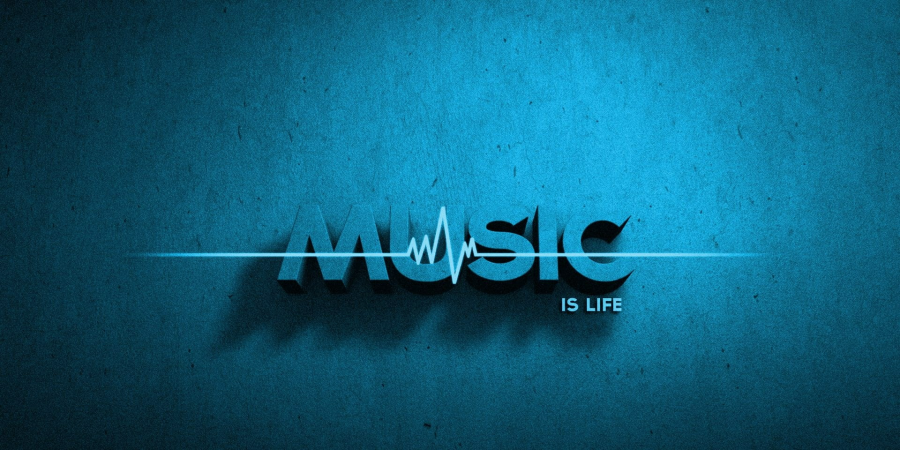

Music is a universal language that can cut over linguistic and cultural divides. It has played a crucial role in human culture for ages, providing amusement, communication, and a platform for expression. Music has changed over time, transforming from folk tunes to contemporary pieces that captivate listeners and have a significant social impact. This essay will examine the various musical genres, talk about the value of music in our lives, and investigate the boundless potential of music.
There is a vast array of styles and genres in music, each with distinct qualities and cultural influences of its own. With its symphonies and sonatas, classical music exemplifies grace, intricacy, and painstaking composition. Contrarily, improvisation, syncopation, and a passionate energy that stirs the soul are characteristics of jazz. Rock & roll, which originated as a form of revolt, appeals to young people with its intense guitar riffs and driving rhythms. As varied as the human experience itself, music styles range from pop to hip-hop, folk to electronic, offering a complex tapestry of sounds to fit every mood and taste.
Our lives are greatly enriched by music, which also helps to shape our identities and foster relationships with others. It has the capacity to arouse sentimentality, bringing back memories and feelings connected to particular periods of time. Those who are in need of comfort and healing can find consolation and healing from music during trying times. When words cannot adequately convey one's innermost feelings and thoughts, people can express themselves through it. In addition, since we share the experience of rhythm and melody, music unites individuals and promotes a sense of community.
Music is a force that knows no bounds, even in terms of its artistic and emotional properties. It has the power to question social conventions, promote change, and give voice to the voiceless. Music has always been a potent force for action and protest, inspiring uprisings and mobilizing large crowds. It has the power to induce transforming experiences, change perceptions, and affect moods. It can improve mood, inspire creativity, and even sharpen mental faculties. Its healing properties have been used in a variety of contexts, including music therapy, where it has shown to be an effective therapeutic tool.
In summary, music plays a vital role in our lives by providing a wide range of styles and genres to suit our personal tastes. Its significance goes beyond simple amusement since it helps us stay connected to our memories, feelings, and other people. Music has boundless power because it can heal, inspire change, and transcend boundaries. It is a universal language that reaches into the core of our beings and unites us in the melodic human symphony.
